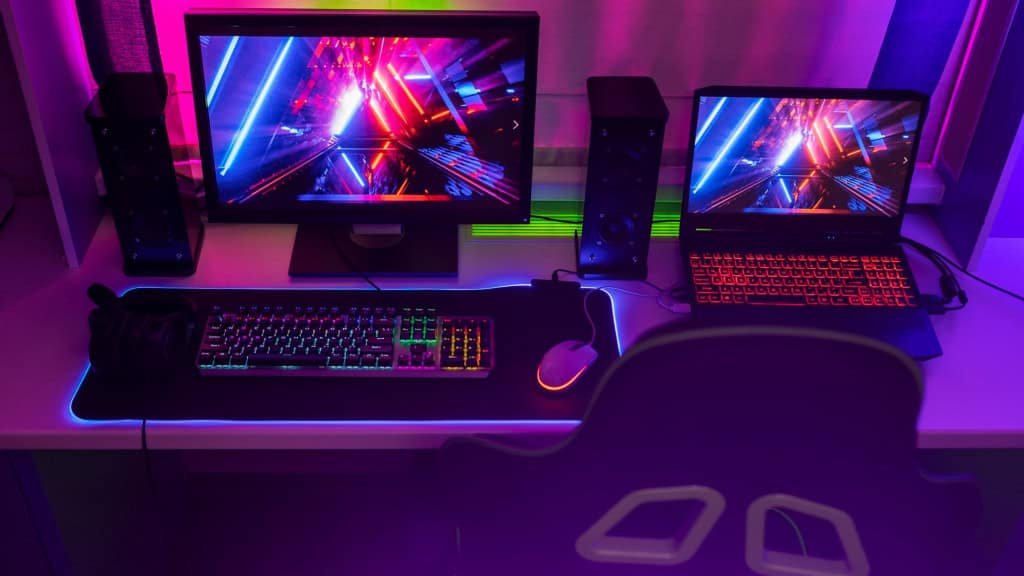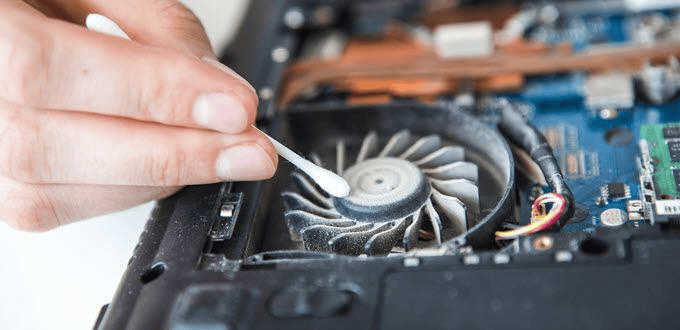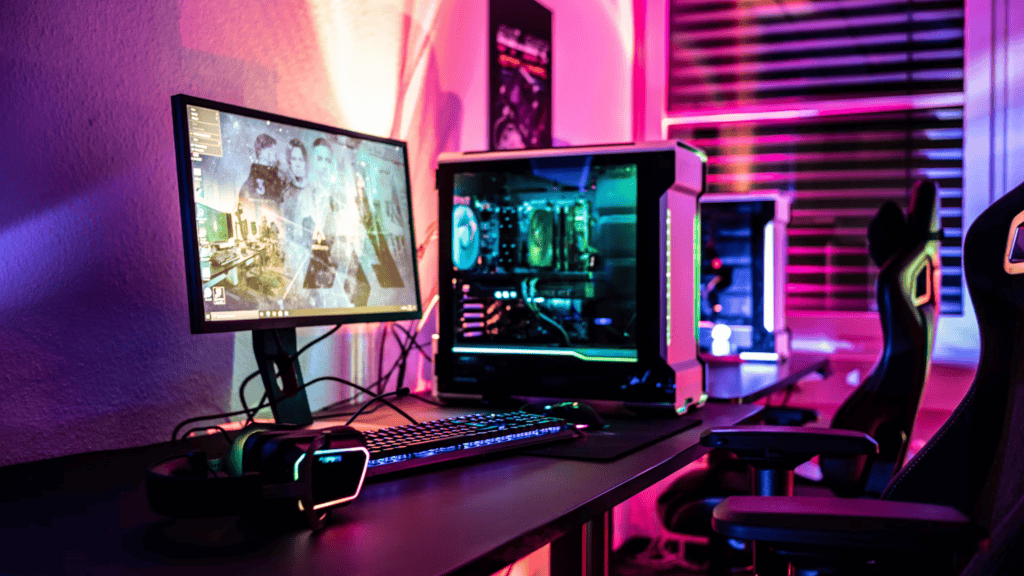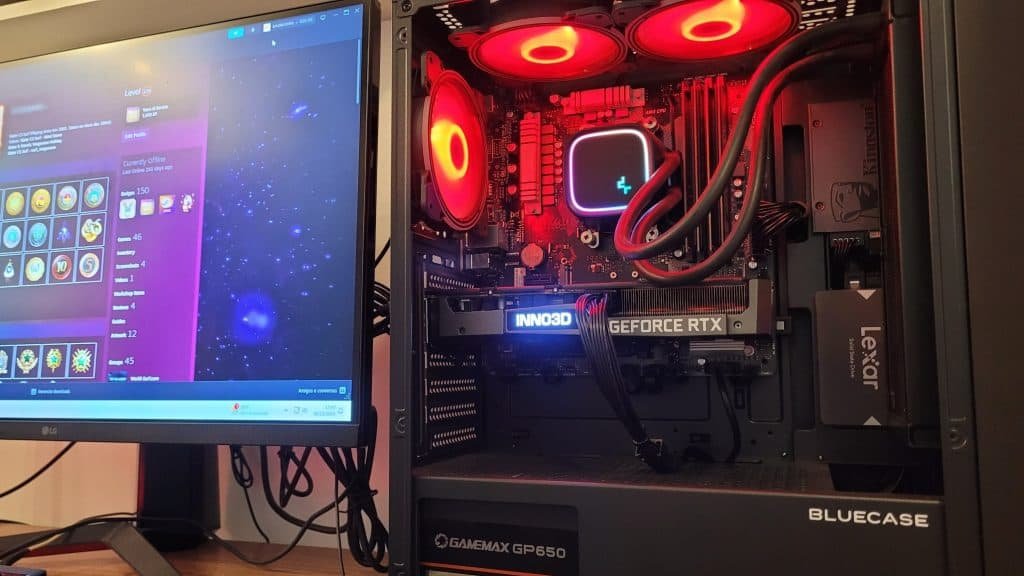If you have invested a heavy money in your setup gamer, bought state -of -the -art processor, powerful video card and generous RAM, but you still feel that your games don’t run as they should, it’s time to investigate.
Many factors that diminish performance may be “holding” your PC gamer’s performance, and most of them are far from obvious. Wrong settings, programs running in the background, overheating and even hardware itself may be draining precious resources without you noticing.
Knowing how to identify what exactly diminishes the performance of your PC Gamer is essential for those who want to extract their equipment as much as possible and have a fluid experience without stable crashes. Let’s detail four common problems that sabotage the performance of gamer PCs, explaining how to recognize them and, most importantly, how to solve them in a practical and efficient way.
4 Problems Decrease PC Gamer performance
Processes in the background consume resources

One of the great villains that diminish PC Gamer performance is unnecessary processes running in the background. While you are immersed in a heavy game, applications such as open browsers, streaming software, cloud synchronization programs or even antiviruses may be consuming CPU, memory and bandwidth.
Even if the impact does not look great, in more demanding games each percentage of processing account. The ideal is to identify which programs start with Windows and disable those that are not essential.
Tools such as task manager or system optimization software can help map these processes and release resources. Remember: fewer active processes, equal to more performance for the game.
Overheating and lack of adequate refrigeration

Excessive heat is a silent enemy of PC gamer performance. When components such as CPU and GPU reach critical temperatures, the system automatically reduces the frequency of operation to avoid damage (the famous Thermal Throttling). This results in FPS drops and unstable game experiences.
To prevent overheating from reducing PC Gamer performance, it is crucial to have a good ventilation in the cabinet, cooler or efficient Water Coling system and regularly monitor temperatures with specific software. Periodic dust cleansing and thermal paste exchange are also measures that keep the hardware working on its maximum potential.
Outdated drivers and system software

Drivers and system software are responsible for communicating the hardware with the rest of the computer. When they are outdated, they can generate incompatibilities, locking and performance drop. Video cards, especially, need updated drivers to run new titles with stability and take advantage of performance optimizations.
Automatic update tools, such as GeForce Experience for Nvidia GPUS or Radeon Software for AMD, facilitate this process.
Also, keeping Windows and Essential Libraries such as DirectX, Visual C ++ redistributable and .NET Updated helps to avoid bottlenecks and improves fluidity in games. A PC with old or corrupted drivers may have compromised performance without any visible problem clue.
Hardware choices that don’t talk to each other

Another reason that decreases PC Gamer performance is the choice of non -balance components. A powerful processor with an entrance GPU, or a lot of RAM with a slow SSD, creates bottlenecks that harm the gaming experience. The harmony between CPU, GPU, memory and storage is critical.
In addition, boundary motherboards with limited support or outdated BIOS can prevent the hardware from working as much of its capacities from working. Before updating or setting up a gamer PC, search compatibilities, check performance benchmarks combining components and, if possible, see technical reviews. Avoiding bottlenecks is the key to extracting actual performance of your investment.
In addition to solving the four main problems, some simple measures help keep your PC always at the top:
- Cleaning and organization of the disc: Fragmentation of old HDDs or full storage impacts game loading.
- Moderate overclocking: Increasing CPU or GPU frequency carefully can generate SPF gains, but requires constant temperature monitoring.
- Balanced graphic settings: Not always using everything in Ultra guarantees better experience; Adjustment to maintain stable frame fee.
- SSDS defragmentation (trim activated): maintains consistent storage performance.
Remember to monitor temperatures, keep software updated and review your setup regularly. Only then do you ensure that each game is flowing with fluidity, making the most of the power of your PC. Well -kept equipment means more FPS, less locking and more satisfactory game sessions.